Search
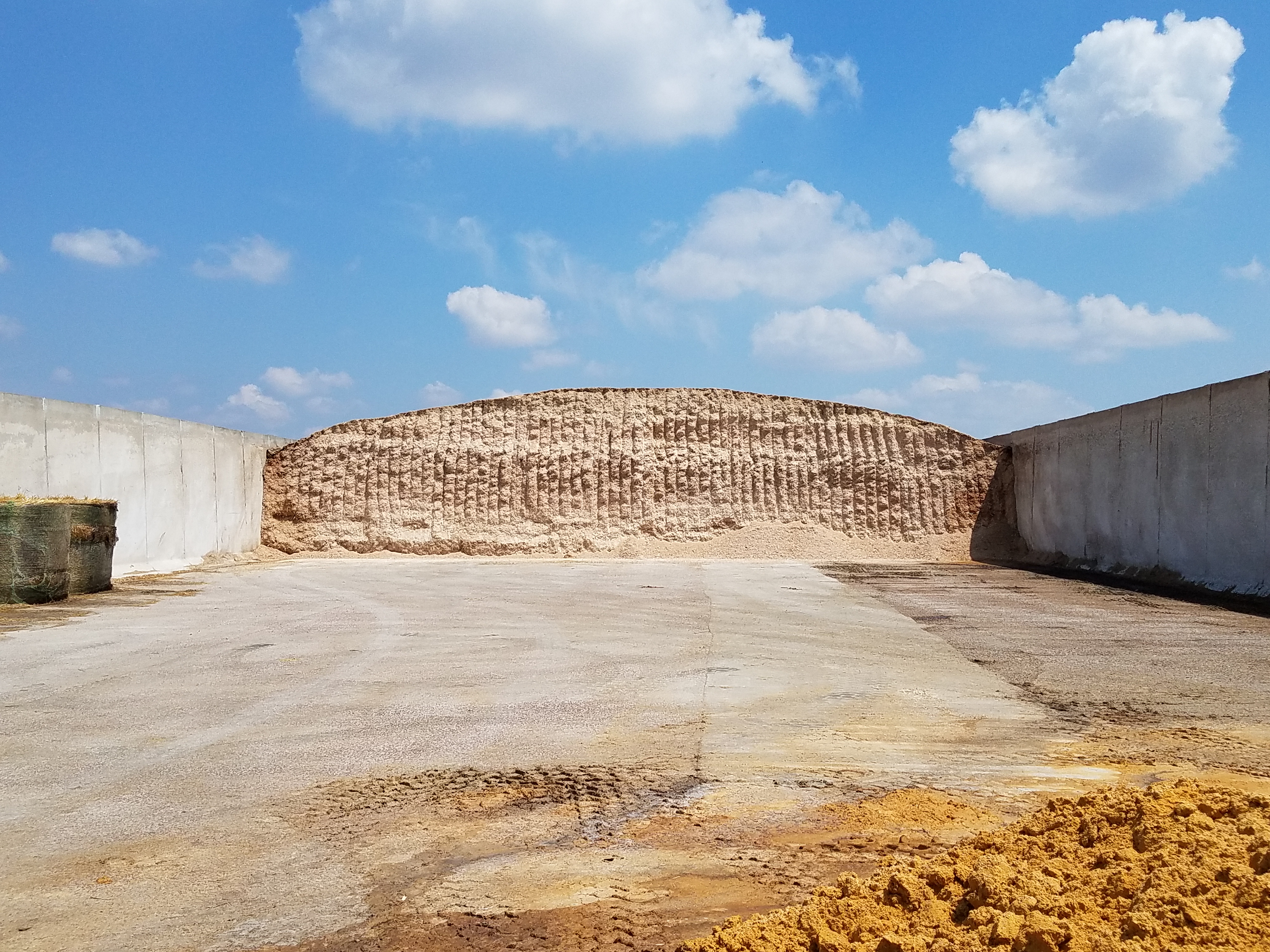
Harvesting High-Moisture Corn and Earlage
Producers who raise both corn and cattle have the option of harvesting some or all of their corn acres as a high-moisture grain crop to be marketed through cattle. There are several advantages to harvesting corn earlier at a high-moisture content.
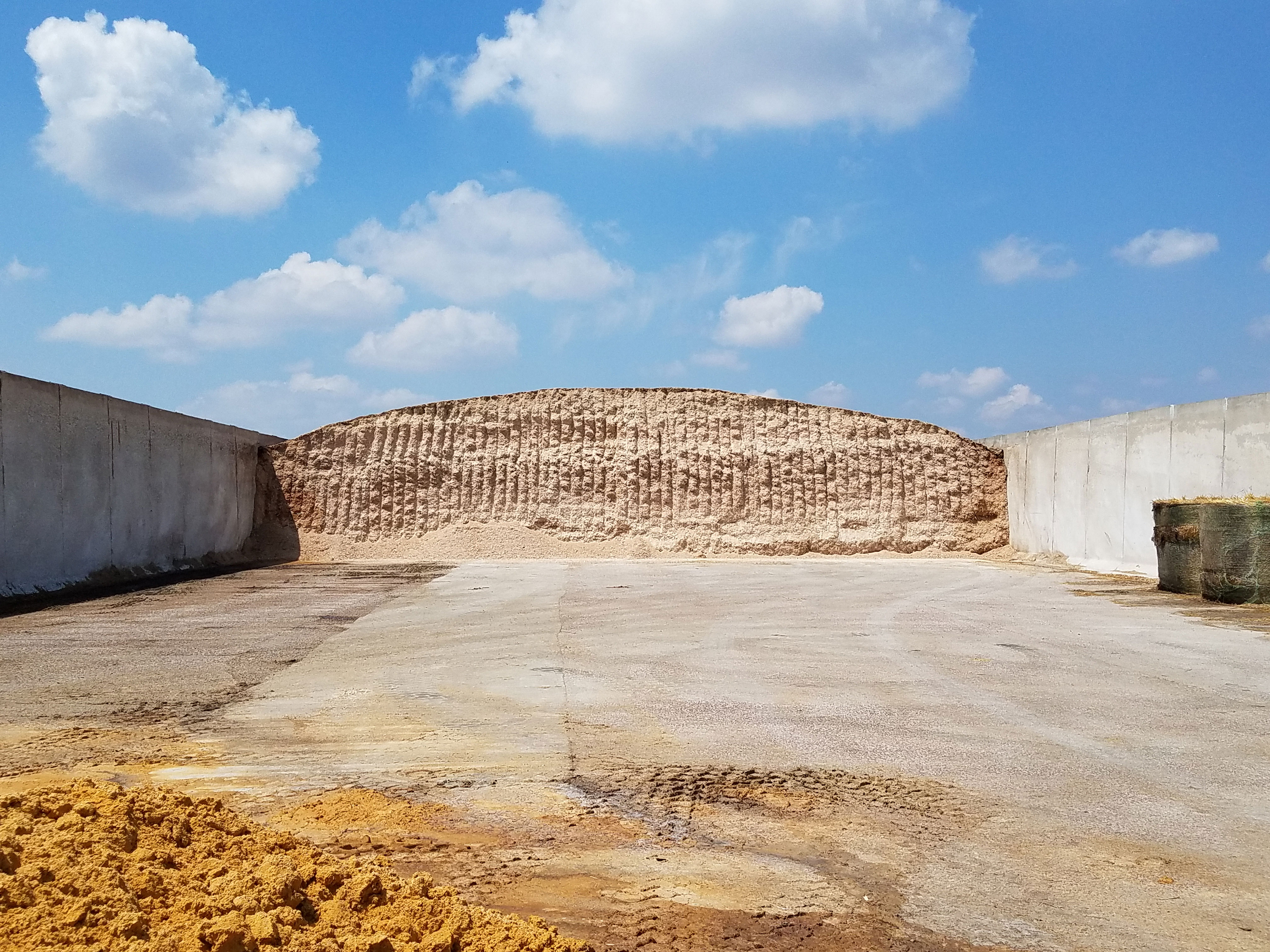
Valuing High-Moisture Corn and Earlage
A key advantage to using commodities that meet standard specifications and are frequently traded is that it is very easy to establish an economic value that is accepted by most users. The marketplace sets the value of corn, and other feedstuffs on a daily basis, provided those products meet some set of standard specifications.
Multi-Species Grazing as an Alternative to Pasture Spraying
Broadacre spraying of pastures is intended to reduce undesirable plants and increase grasses for livestock. This practice often results in unintended consequences, including damage and reduction of native forbs and reduced profitability. One approach to managing perceived “weedy” plants is incorporating different species of livestock into a grazing operation.
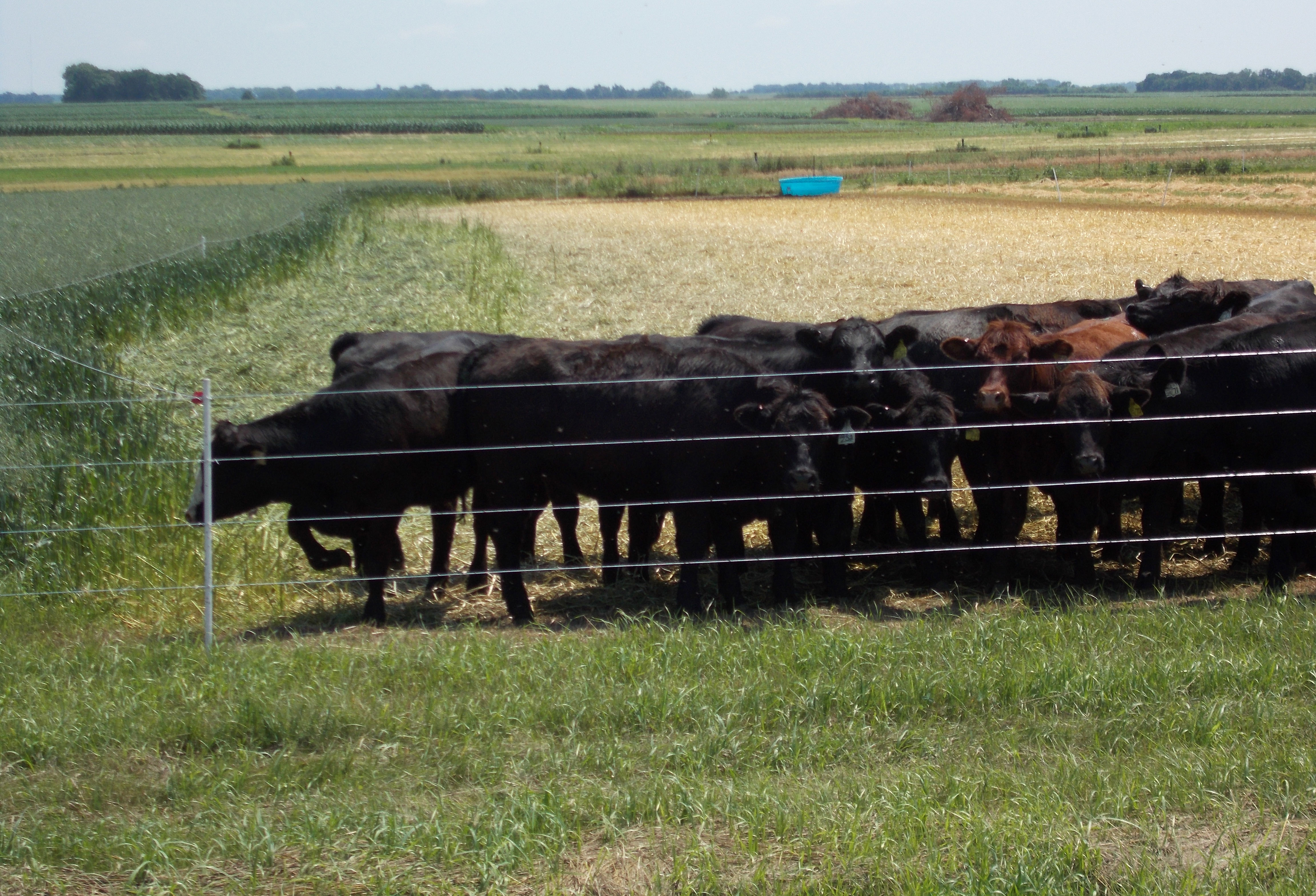
Weaning Calves on Cover Crops
What do we do if it is time to wean calves, but the pen isn’t ready? That can be a real concern during wet fall seasons, such as 2019. Putting calves into muddy pen conditions is far from desirable, but holding calves on the cows deep into fall increases the risk of adverse winter weather and tends to pull body condition off the cows.
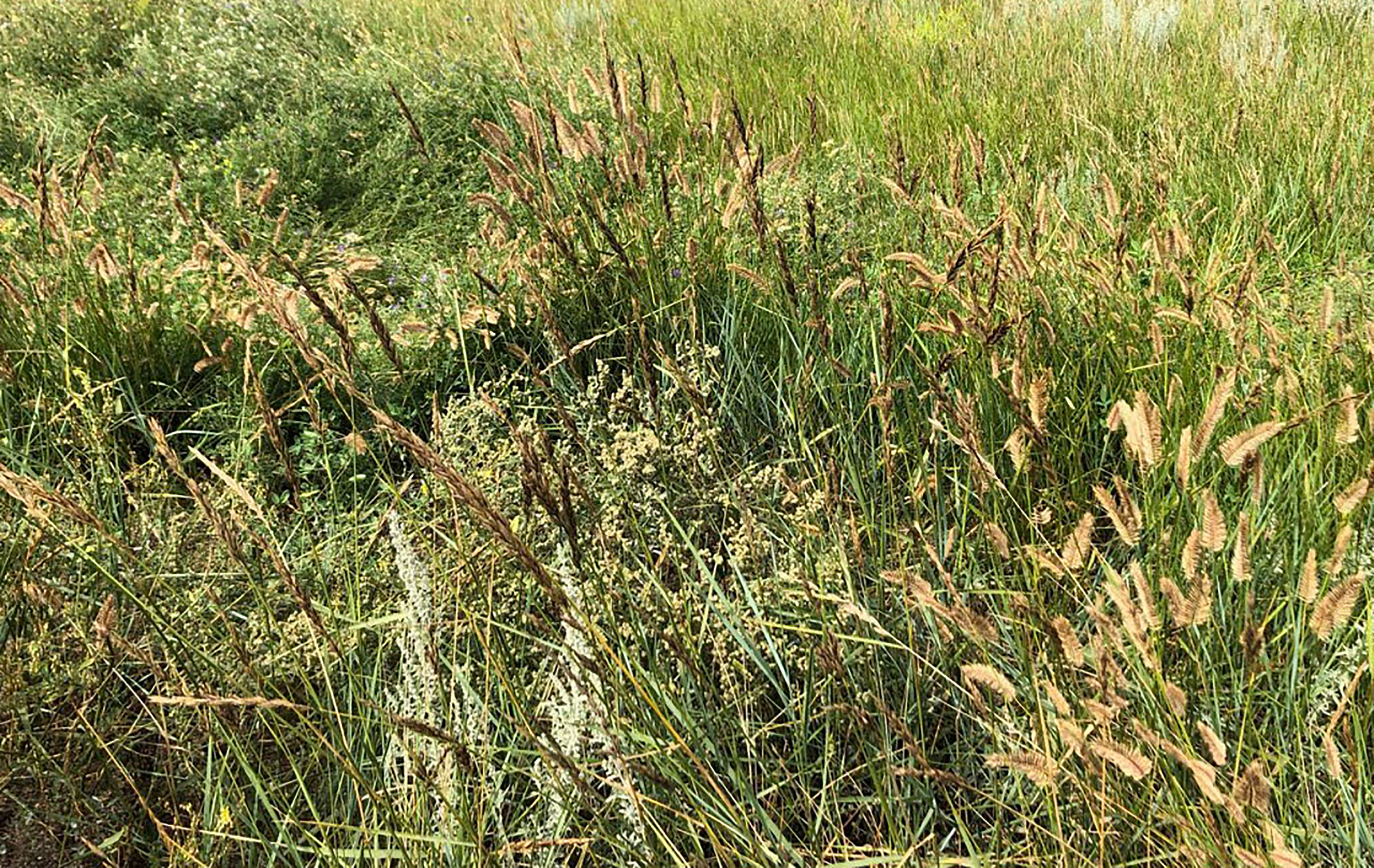
Ergot in Western Wheatgrass and the Potential Effects for Winter Grazing
2019 has been a year fraught with challenges for ranchers across South Dakota. Abundant precipitation is usually a blessing, however, wet conditions coupled with a cool spring followed by warmer temperatures has caused another problem across the rangelands of South Dakota: ergot poisoning.
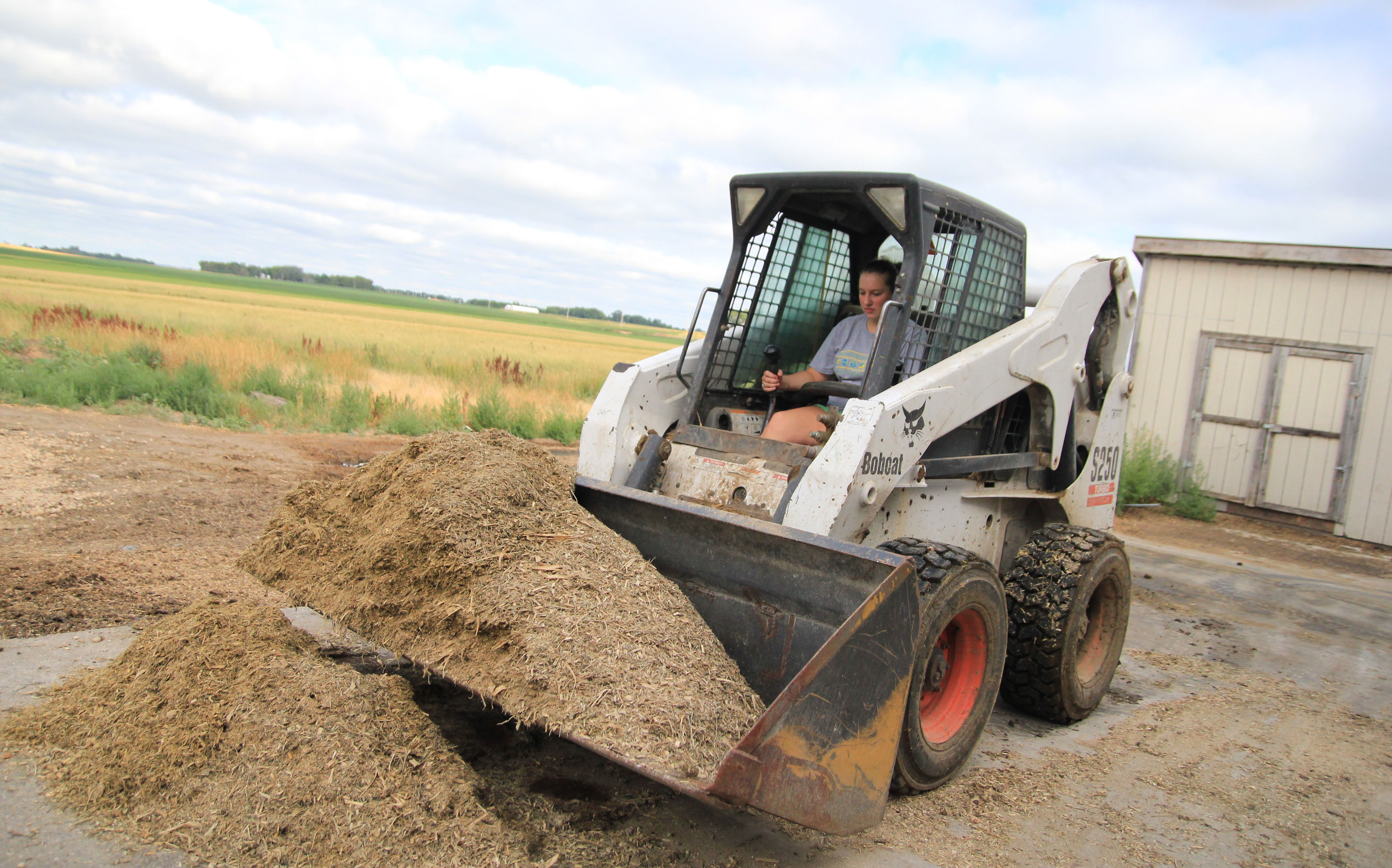
Skid-Steer Safety: Are You and Your Employees Practicing It?
One piece of machinery used daily on many farms, especially dairies and acreages, is a skid-steer. Owners and employees need to be aware of the correct operating procedures for this equipment and make sure that all who are operating the skid-steer have had adequate training in its operation.
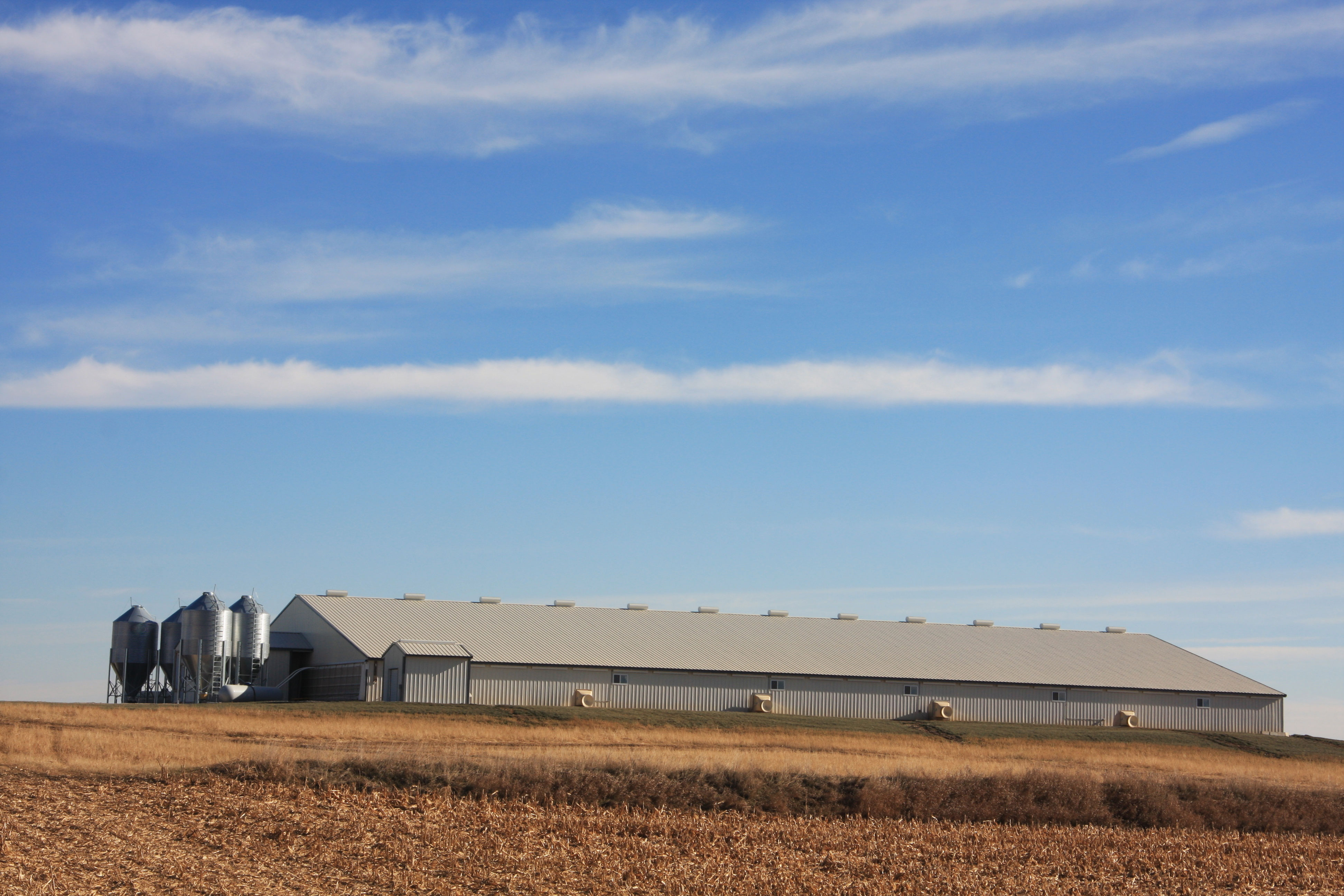
Pork Producers and the One Health Movement: Actions at the State Level
The term “One Health” has been coined to describe the concept that the health of people, animals and their environment are inextricably linked. The most commonly considered examples of One Health in practice are zoonotic diseases. For pork producers, influenza strains that originate in pigs, but pass to people are a pertinent example.
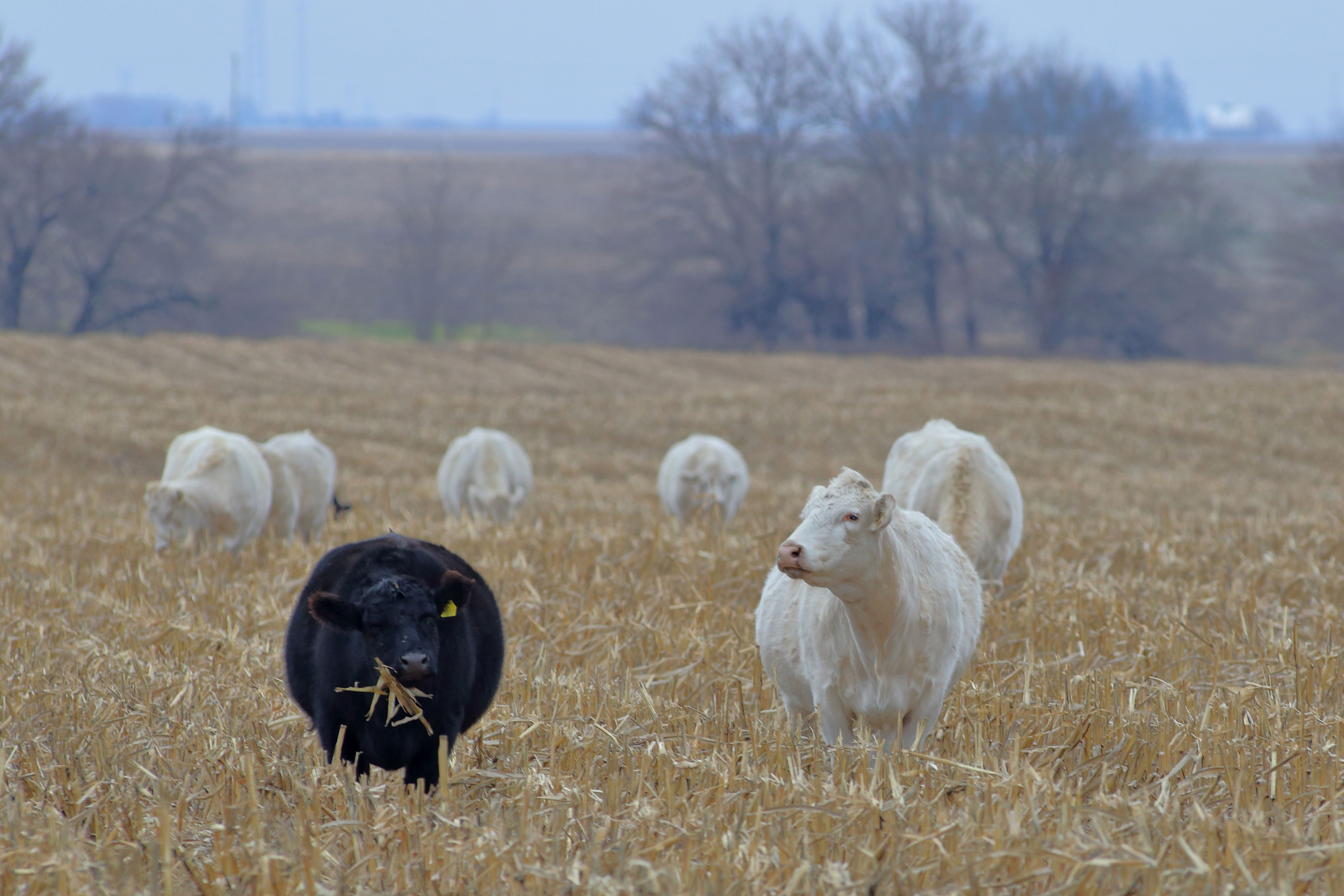
Farm Practices That Improve Soil Health: Integrated Crop-Livestock Systems
An integrated crop-livestock system can provide an alternative management strategy that benefits producer’s income, soil health, and the environment—all while increasing production.
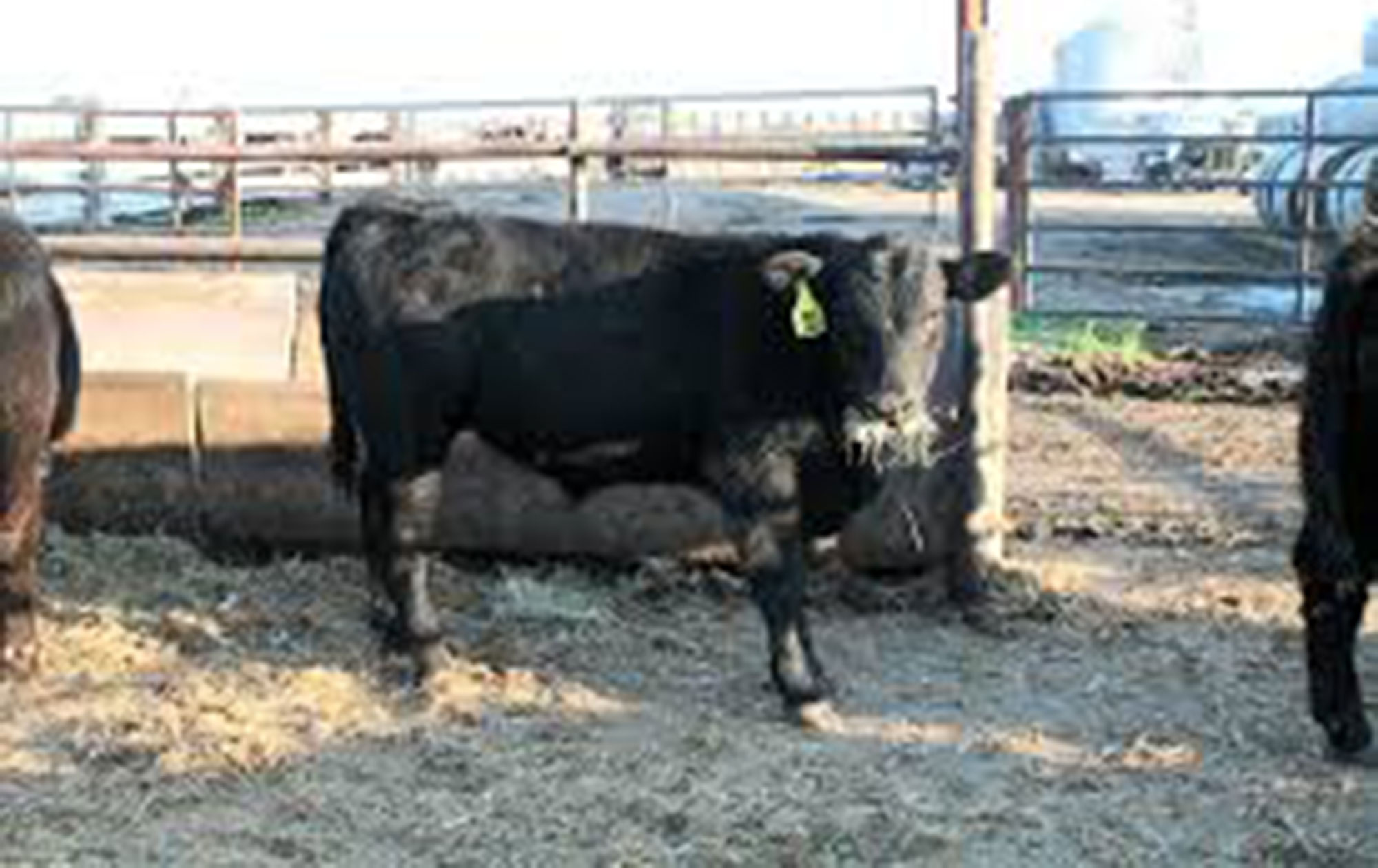
Choosing Beef Genetics for Use in Dairy Herds
Combinations of new technologies and economic challenges often usher in sweeping changes and opportunities. The use of beef genetics on dairy cows is the most-recent example.

Freeze Now, Eat Later! Freezer Meal Workshop
Freezer meals provide families with the option to have a home cooked meal with minimal effort on busy days.